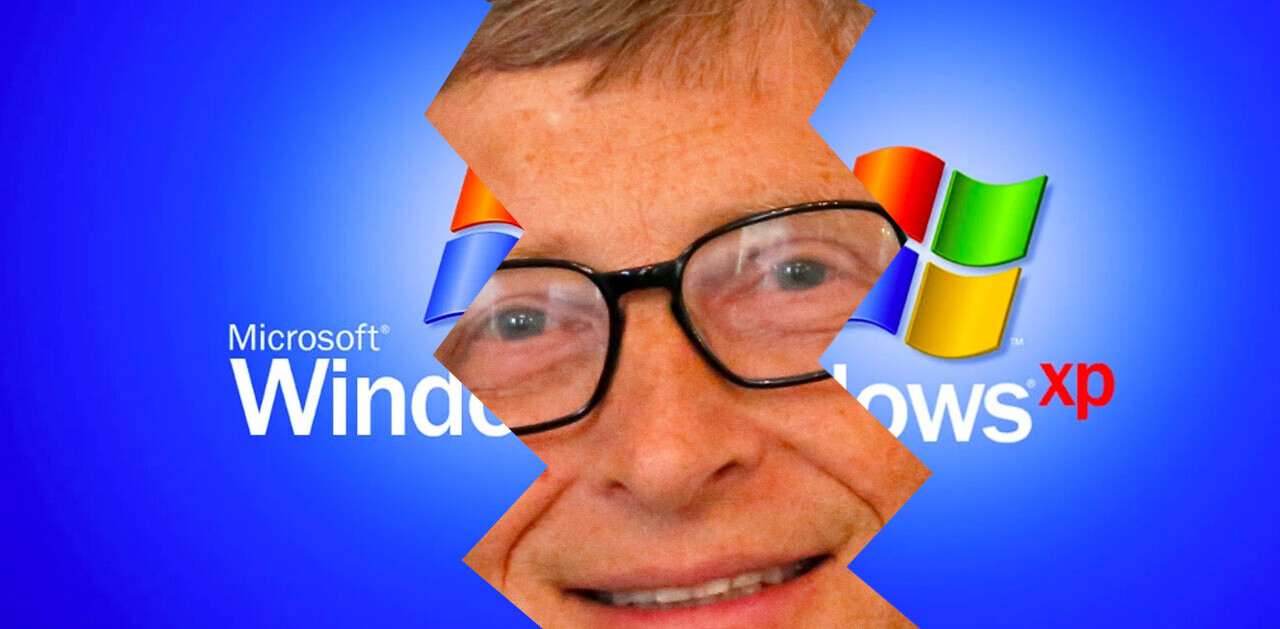
Microsoft’s grand ambitions for original TV content are over. Yesterday, the company confirmed it would be closing Xbox Entertainment Studios in the coming months. Some projects will continue, such as the Signal to Noise documentary series and Spielberg-produced Halo television show, but otherwise Xbox Originals is dead.
It’s hardly surprising.
A report by Recode suggests the studio, established in September 2012, is “disorganized” and “struggling” to clinch important business deals. Dawn Chmielewski paints quite a bleak picture in her article, but of greater importance is the business rationale behind Microsoft’s original television aspirations.
Unlike Netflix, the company wanted its Originals library – at least in part – to push hardware. It’s no secret that the PlayStation 4 is outselling the Xbox One; the gap at the moment isn’t catastrophic, but clearly Microsoft is making moves to ensure it doesn’t fall behind any further. (The Kinect-free Xbox One bundle launched last month for $399 being a prime example.)
Xbox Originals could have been a key differentiator. The Xbox One was originally pitched as an all-in-one entertainment system that could handle not just video games, but streaming, satellite and cable television. Microsoft wanted not just gamers, but the people interested in Roku, Apple TV, Amazon Fire TV and other set-top boxes to embrace the device in their living room.
Targeting the Xbox One alone, however, is hard to justify.
The audience on Xbox One
The company announced in April that it had shipped five million Xbox One units. Earlier this week, Microsoft said there had been “a strong spike in interest” with sales more than doubling in the US, but stopped short of giving fresh figures. Such an install base is adequate for a new console in its first year, but it doesn’t match up with the TV industry.
Marvel’s Agents of SHIELD, for instance, premiered with over 12 million viewers in the United States. The Walking Dead commanded over 13 million viewers on average throughout its last season. Even if Microsoft persuaded every Xbox One owner to watch its programming, it wouldn’t get close to those numbers.
To get around the problem, Microsoft made its Xbox Originals cross-platform. The first show, Every Street United, is available for free on Xbox 360, as well as Windows PCs and tablets through Xbox Video. Combined, this created the necessary install base required to hit that level of viewership.
But therein lies the problem. The soccer show was available to a huge number of people – the Windows install base alone is colossal – but this decision discourages new Xbox One purchases. Many people already own an Xbox 360 or Windows device; if they don’t own one, but still want to watch the show, it’s cheaper to buy the Surface 2 or the now heavily-discounted Xbox 360.
The Xbox Live approach
Netflix doesn’t have this issue. It’s not in the hardware business; the company charges for subscriptions and so, to maximise its customer base, its streaming service is available everywhere. Set-top boxes, video game consoles, smart TVs, mobile devices – name a platform and Netflix probably supports it.
In January, Netflix boasted 44 million subscribers. Such a large base means it can operate closer to a traditional TV network, investing large amounts of money in the knowledge the show will attract an appropriate audience.
Microsoft could have taken a similar strategy. Instead of driving Xbox One sales, the company could have switched to a monthly subscription model. Xbox Live Gold already exists and exclusive programming would have been an interesting add-on for the service. Marketed in the right manner, Microsoft could have expanded the Gold subscriber base and built a Netflix-style business of its own.
But this wasn’t the case. The company recently reversed its policy on media app access; whereas before an Xbox Live Gold subscription was required for Netflix, Hulu and similar services, they’re now free for any Xbox 360/Xbox One owner to enjoy. Microsoft’s reputation took a beating when the Xbox One was first announced and, as it slowly repairs the damage, I suspect paywalled TV content was seen by upper management as an unnecessary risk.
Originals were non-essential
As the new head of Xbox, Phil Spencer has been clear about the Xbox One’s renewed focus on games. Microsoft’s press conference at E3 this year was centered on the interactive form of entertainment and little, if any, time was spent on the console’s apps, television and broader media capabilities.
Last year, the focus on media and Kinect meant Microsoft lost momentum against Sony and the PlayStation 4. Gamers are, unsurprisingly, almost always the early adopters of new consoles and Microsoft has quickly shifted its strategy to reflect that sentiment. Now more than ever, it’s all about games.
Xbox Entertainment Studios and Xbox Originals simply weren’t essential. Of course, owning original content has other benefits; there are DVD, Blu-ray and digital sales, as well as licensing deals and product placements. On Microsoft platforms, there was also the opportunity for traditional advertising.
But the Xbox One is being pushed now as a games console and original TV content, due to its availability on other platforms, was unlikely to attract new customers. With essentially free access from Xbox and Windows-based devices and platforms, the return on investment was far from certain.
Even so, the library could have been a value-add for the broader Microsoft ecosystem, including Surface, Xbox, and the laptop/PC market running Windows 8. But television isn’t the reason why customers choose a Windows laptop over a Chromebook or MacBook. It’s a nice bonus, but Every Street United was never going to alter someone’s buying decision.
With such an ambiguous business model, it’s hardly surprising to hear that Xbox Entertainment Studios is being axed. Original TV content is admirable, but it didn’t benefit Microsoft’s core business – or that of its video game-focused Xbox division – in any meaningful way.
Featured image credit: LEON NEAL/AFP/Getty Images
Get the TNW newsletter
Get the most important tech news in your inbox each week.





